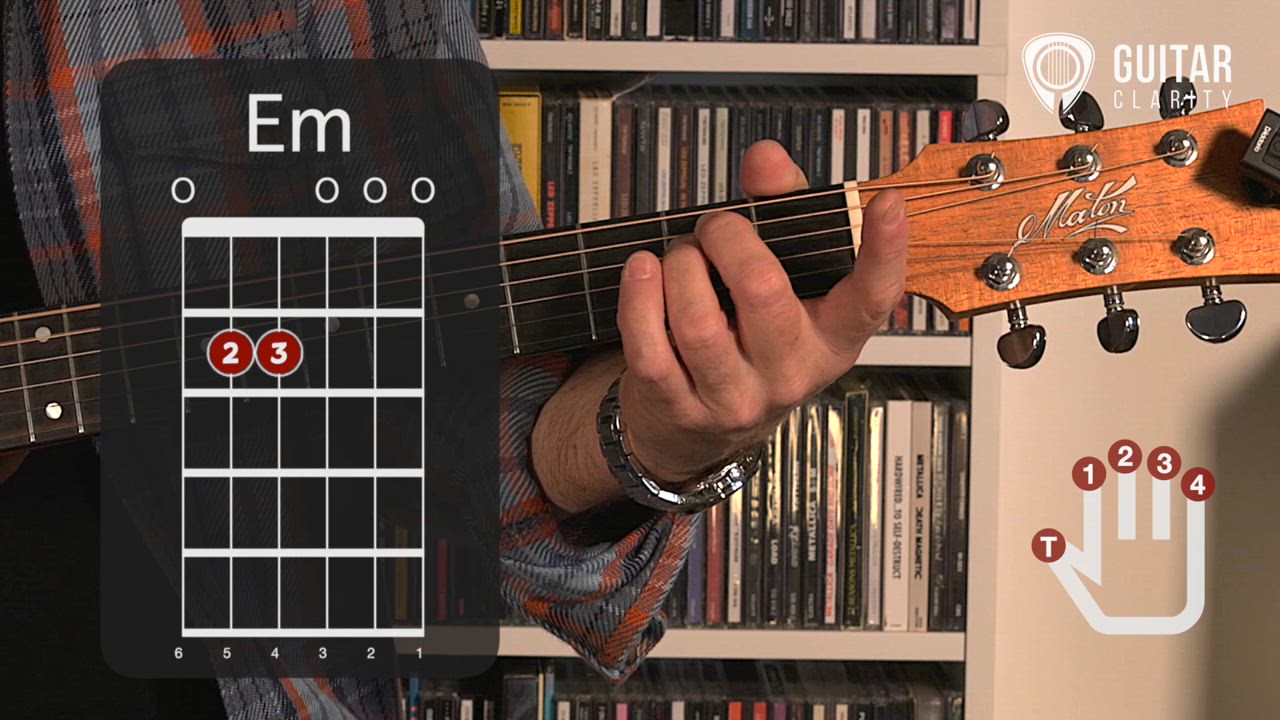What It Means to Learn Music
Learning music is more than memorizing notes or mastering fingerings—it’s about developing a deep connection to sound, rhythm, and expression. At its core, music education trains your ear to hear subtle harmonies, your mind to understand structure, and your body to translate ideas into performance.
Why Learning Music Matters
- Cognitive Growth: Music study enhances memory, pattern recognition, and problem-solving skills.
- Emotional Expression: It gives you a creative outlet to convey feelings that words alone can’t capture.
- Discipline & Focus: Regular practice builds patience, attention to detail, and goal-setting habits.
- Social Connection: Playing with others—whether in a band or casual jam—fosters teamwork and communication.

Aspects of Learning Guitar at Any Age
- Foundational Skills: Basic chords, strumming, and fretboard navigation build confidence.
- Theory in Practice: Apply scales, intervals, and chord progressions directly on the guitar.
- Ear Training: Recognise melodies and harmonies by ear, then play them back.
- Technique & Tone: Develop finger strength, pick control, and expressive tone production.
- Repertoire & Styles: Explore blues, rock, jazz, classical, and more to keep learning engaging.
- Adaptability: Whether you’re 8 or 80, lessons can be paced to your goals and abilities.
Your Musical Journey Starts Here
No matter your background or age, learning guitar opens the door to a lifelong adventure in music. At Guitar Clarity, we guide you step-by-step—from your very first chord to advanced improvisation—so you can enjoy every moment of growth and creativity.